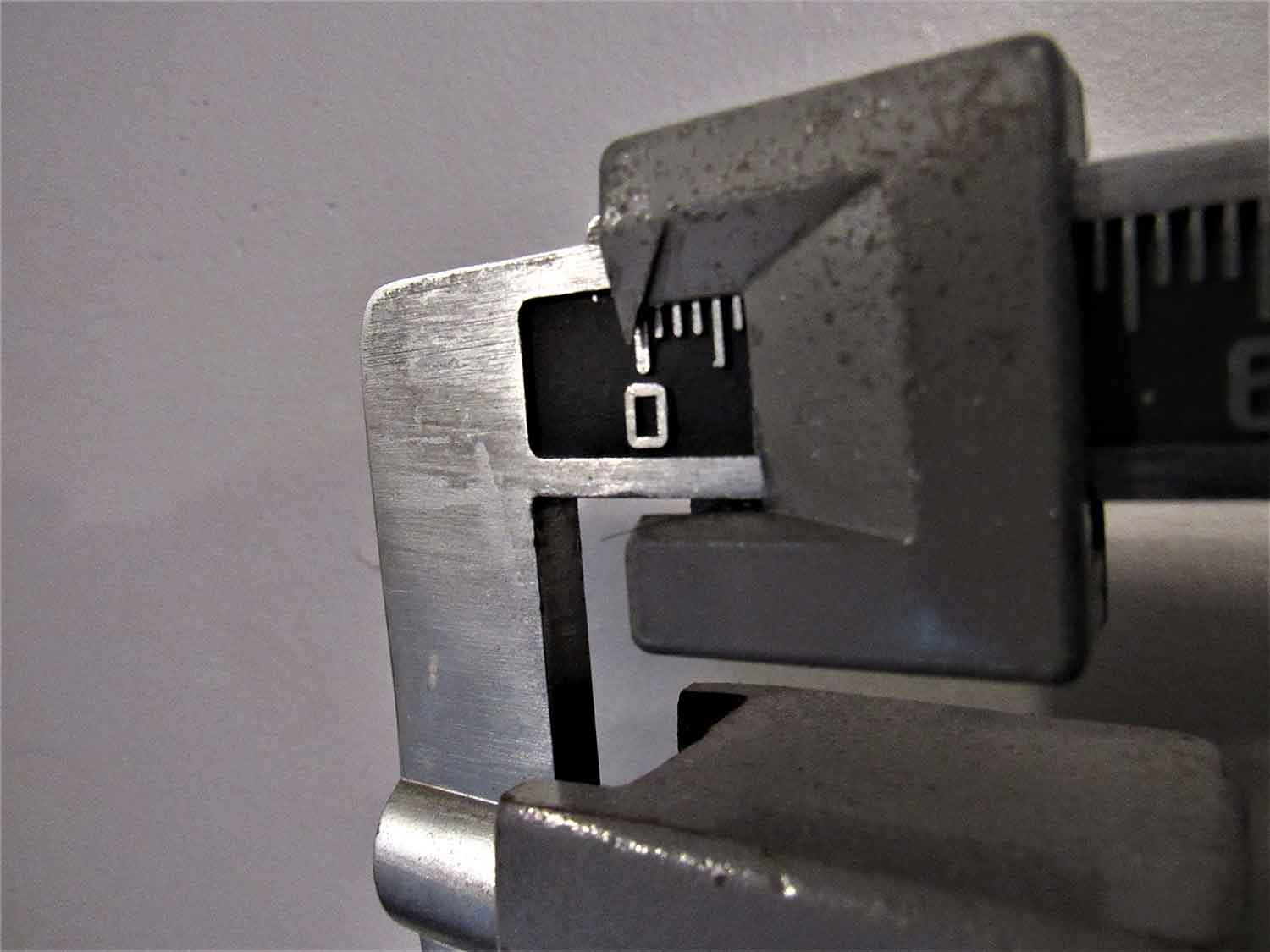Nearly three in four adults are considered overweight or obese. How can you lose weight and keep it off as you age?
We are quite a large nation — not only in square footage, but in girth. Results from the 2017–2018 National Health and Nutrition Examination Survey found that about 73% of American adults are classified as overweight or obese.
Excess weight increases your risk of heart disease, diabetes, and some types of cancer. But it also affects your daily life. “When you carry around extra pounds, you can have trouble staying active, low energy, and difficulty sleeping,” says Dr. Walter Willett, professor of epidemiology and nutrition at the Harvard T.H. Chan School of Public Health.
Look at issues that weigh you down
Personal issues also can affect weight gain by making you eat more and exercise less. “Family discord, work situations, economic problems, the recent death of loved ones, and anything else that causes stress can contribute to weight gain,” says Dr. Walter Willett of the Harvard T.H. Chan School of Public Health. He suggests trying to identify elements in your life that may sabotage your weight-loss efforts and focus on how to address them. “You should consider that weight gain is sometimes a symptom of an underlying problem.“
Easy to gain
Many factors contribute to weight gain. The obvious ones are poor diet and lack of exercise. But age is also an issue.
As you get older, it’s easier to gain weight and tougher to lose it. Why? Lean muscle mass steadily declines over the years, and the change becomes more noticeable after age 40. “Muscles burn calories 24/7. If you have less muscle, your body burns fewer calories, which can lead to easier weight gain,” says Dr. Willett.
A man’s ideal weight is usually about the amount he weighed at age 20, according to Dr. Willett. Can’t remember that far back? There are other ways to assess whether your weight poses a health risk.
Body mass index (BMI) is a measurement that takes into account both height and weight. Your BMI number indicates whether you are underweight, normal weight, overweight, or obese.
However, BMI alone is not always a good indicator of what’s happening to your body. “Your BMI might remain relatively stable because you have more body fat and less muscle mass,” says Dr. Willett. “Still, BMI can offer a clue about whether you need to lose excess weight.”
Waist size is another way to gauge weight gain, but focus on how snug your pants feel rather than whether you moved your belt notch. “You can often feel weight gain before you can see it,” says Dr. Willett.
Even if you are not technically overweight just yet, don’t wait to take action. “A seemingly innocent five added pounds still can have some adverse effects on your health,” says Dr. Willett. “But the greater threat is that it suggests you are on a trajectory toward bigger problems.”
The 5% solution
To be successful with weight loss, you also need realistic expectations. “A slow reduction is better than a quick reduction over a few weeks, which you probably can’t maintain,” says Harvard T.H. Chan School of Public Health’s Dr. Walter Willett. Aim to lose a half-pound to a pound per week until you’ve lost 5% of your current weight. “Even with this modest loss, people should feel successful as this will reduce some health risks, especially for heart disease,” says Dr. Willett. If you want to continue, focus on another 5%, reassess, and go from there. “The main goal is to find a way toward a pattern of healthy eating and activity that you can maintain, not to simply maximize weight loss.“
Carbs and calories
No surprise: diet and exercise is still the best tag-team approach to weight loss.
For diet, focus on limiting unhealthy carbs and excess calories. Research has shown that reducing carbs, especially sugar and refined starches, makes the body burn more fat for energy. A few small diet changes can help curb your carb intake. First, take a close look at which beverages you drink, like juices, sodas, and other sweetened beverages, and how much.
“Many unhealthy simple carbohydrates are liquids, which are often high in calories,” says Dr. Willett. “We often don’t register those calories compared with food, so it’s easy to overindulge. Simply eliminating sugary beverages from your diet is a great way to jump-start your weight loss.”
Next, switch out refined grains (white rice, white bread, pasta) for whole grains (whole-wheat pasta, brown rice, oatmeal). Whole grains, especially if they don’t get ground into fine flour, are more slowly digested, which keeps blood sugar levels from spiking. They also have more fiber, various essential nutrients, and phytochemicals.
In terms of calories, focus on not overeating during meals. You can do this by monitoring portion size and eating habits. For example:
Change your tableware. Switch to a smaller bowl or a mug for cereal and a smaller dinner plate.
Use measuring cups. Measure out servings of the foods you commonly eat.
Don’t eat while watching TV. The distraction tricks you into overeating.
But diet is only half of the battle. You also must stay active to burn enough calories and help build calorie-burning muscle mass. It doesn’t really matter what exercise you do.
“Consistency is key,” says Dr. Willett. “Begin by choosing activities that you enjoy and do them for at least 150 minutes each week.” Also, include at least two sessions of strength training per week to help build muscle mass.







